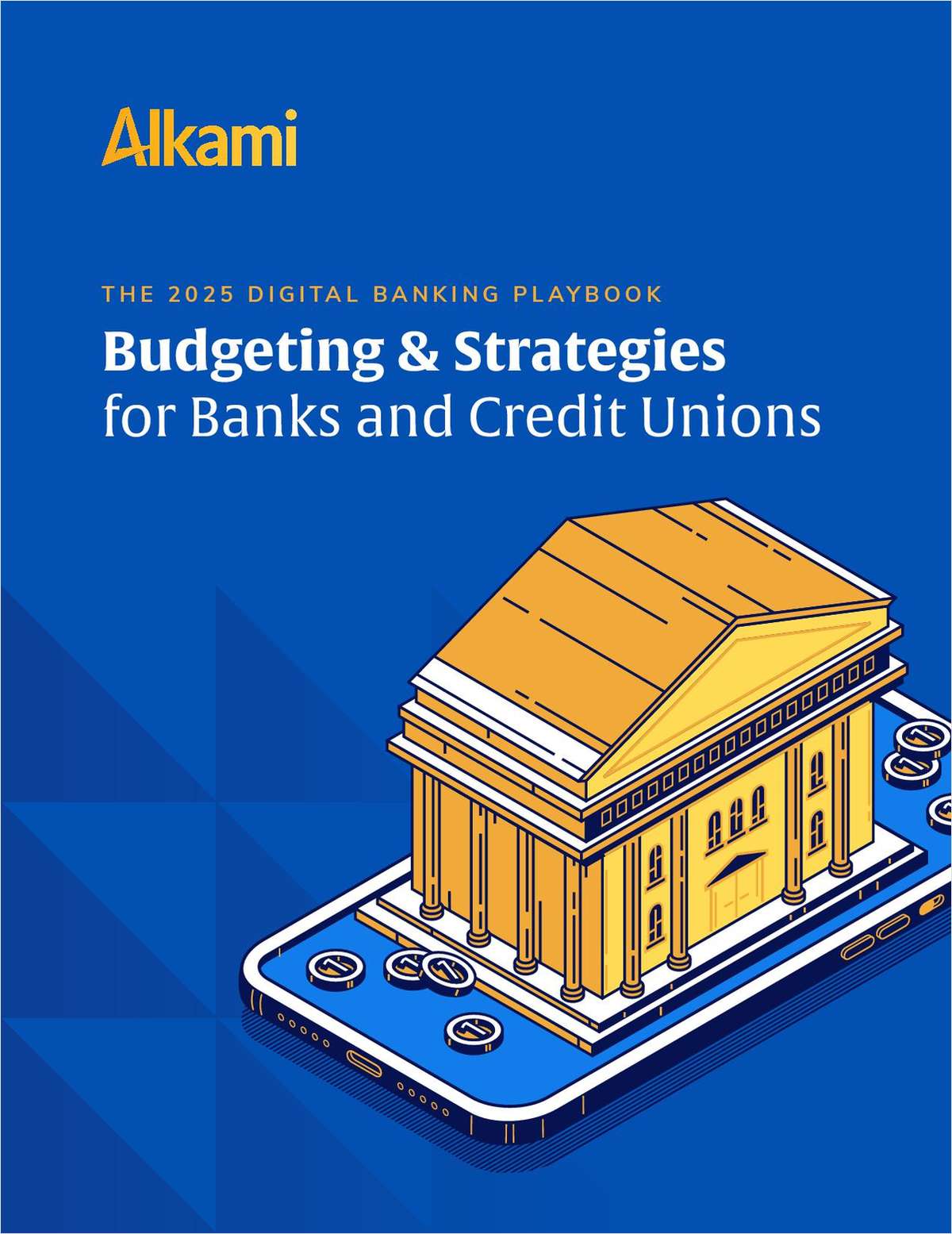ARLINGTON, Va. - Both banks and credit unions need to pay more attention to payments and to the changes that are taking place in the payments systems across the nation, argues Stan Paur, CEO of the Houston-based PULSE EFT Association. "When I go to bank or credit union meetings," Paur says, "someone asks for the executives to list their institution's major priorities, it's always the traditional set of issues. Nobody puts payments on their lists, even though payments are probably the most rapidly changing and growing part of their business - and one that is only going to grow more important to their bottom line as the industry moves forward." Now Paur and PULSE have stepped up their efforts to make more institutions aware of their stake in the ongoing changes taking place in the payments world. Paur and other PULSE representatives and executives have begun meeting with both bank and credit union industry groups, along with some legislators and regulators, about payment industry issues and financial institutions' stake in those issues. At the top or near the top of Paur's list are the changes that have begun to take place in the payments industry in the wake of VISA and MasterCard's recent settlements of antitrust complaints from retailers. Although the multi-billion dollar settlements from each association drew much of the headlines, the bigger news in Paur's opinion was the way the settlements began the process of diminishing VISA and MasterCard's long held dominance in the payments industry. Up until the settlement, VISA and MasterCard were pretty much able to set the interchange rates and rules that they wanted, Paur explained, but the settlement changed all that, making the card associations negotiate with the retailers and perhaps not taking the interests of the card issuing financial institutions into account. Paur pointed to the recent announcement by Wal-Mart, the nation's largest retailer, that it will stop accepting MasterCard's debit cards for transactions which the cardholder validates the debit transaction with their signature. Other industry experts speculated that the announced decline was merely a negotiating tactic on the part of Wal-Mart to get a better set of interchange rates on its transactions, but for Paur Wal-Mart's move is in itself an indication of how much power the retailing side of the payment industry would continue to gather - a power of which financial institutions of all types would need to be aware. "Financial institutions need to be aware that the amount of money they are going to be making from interchange income is most likely headed downward," Paur noted, given the pressure that the settlement will bring to bear on the debit market and any pressure which might result from a greatly expanded card market. "The other legal shoe to drop regarding VISA and MasterCard is the anti-trust suit involving American Express and Discover. We still don't know the full ramifications of that yet either," he added. American Express has sued the two card associations on anti-trust grounds because of the associations' rules preventing their card issuers from issuing any one else's cards. Not only has the CEO of American Express signaled his interest in obtaining money damages from any anti-trust victories, having merchants have a potentially larger pool of card brands available will only drive down the interchange rates even further, Paur pointed out. In response to these concerns, he argued both banks and credit unions needed to start paying more attention to payments issues and to begin working together more. "There are a lot of issues that credit unions and banks can and will argue about," Paur said, "but there are some issues like electronic payments that have an impact on everybody. These industry wide issues need to have an industry wide coordinated response." He pointed to the success the industry had when it coordinated its efforts facing down proposed bans on ATM fees as an example of what had been accomplished in the past. And he pointed to the relative lack of coordination among financial institutions now about payment issues as part of the problem. Neither VISA nor MasterCard make public the memberships of their boards of directors, Paur noted as an example of the awareness problem. No one knows who on them represents which financial institutions' interests. VISA and MasterCard spokesmen confirmed that neither organization makes the membership of its American board public. MasterCard makes public the board of its International organization. Neither would reveal what percentage of its card issuers were banks or credit unions nor who represented those interests on their boards. Paur would not speculate on what exact form the industry's response to payments issues might take and he said that PULSE was not interested in shouldering the load alone. But given the association's history and contacts within both the credit union and banking industries, it seems likely that the Houston-based association will play a leadership role in formulating whatever that response may be. [email protected].
Complete your profile to continue reading and get FREE access to CUTimes.com, part of your ALM digital membership.
Your access to unlimited CUTimes.com content isn’t changing.
Once you are an ALM digital member, you’ll receive:
- Breaking credit union news and analysis, on-site and via our newsletters and custom alerts
- Weekly Shared Accounts podcast featuring exclusive interviews with industry leaders
- Educational webcasts, white papers, and ebooks from industry thought leaders
- Critical coverage of the commercial real estate and financial advisory markets on our other ALM sites, GlobeSt.com and ThinkAdvisor.com
Already have an account? Sign In Now
© 2025 ALM Global, LLC, All Rights Reserved. Request academic re-use from www.copyright.com. All other uses, submit a request to [email protected]. For more information visit Asset & Logo Licensing.









